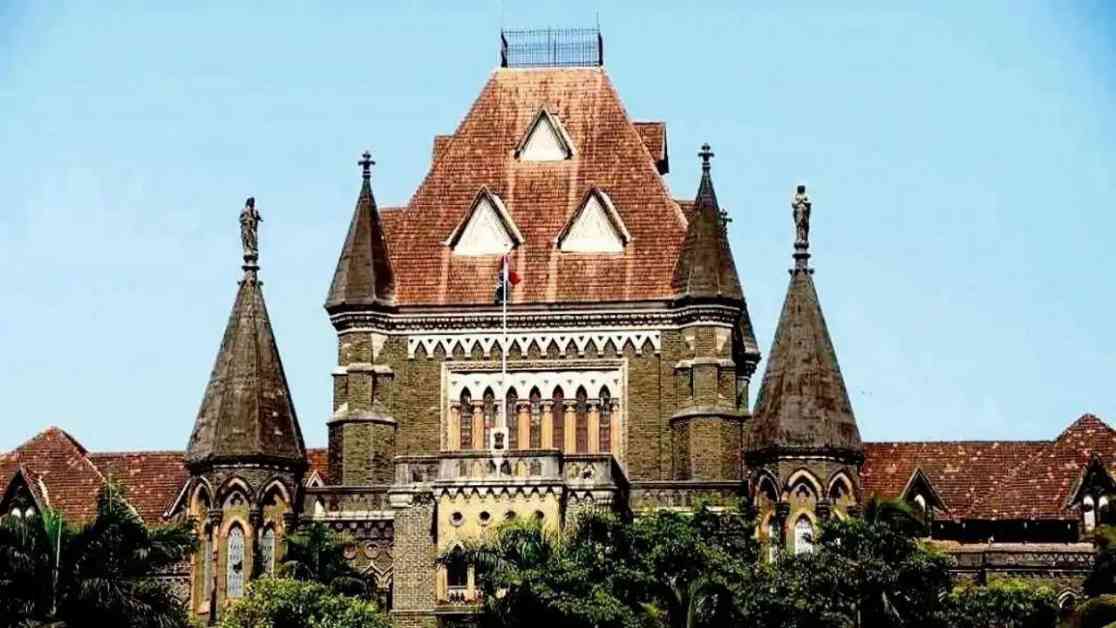The Bombay High Court recently criticized the BMC for its lack of cooperation and insensitivity towards providing additional toilets in a slum area in suburban Mumbai. The court directed the BMC to provide temporary toilets in the slum area within 15 days and build permanent additional blocks within three months. This decision came in response to a petition from local residents of a slum in Kalina, Santacruz, who were seeking more toilet facilities.
Currently, the slum area with approximately 1,600 residents only has access to 10 toilet blocks, with six designated for men and four for women. This acute inadequacy prompted the residents to seek legal intervention to ensure their basic sanitation needs are met.
The BMC had previously cited issues with land ownership and the need for a No Objection Certificate (NOC) from the Maharashtra Housing and Area Development Authority (MHADA) as reasons for not being able to construct additional toilets. However, MHADA confirmed in court that they had provided the necessary NOC in 2023 and pledged their support to the BMC.
The High Court criticized the BMC for providing false and misleading statements regarding the NOC and expressed disappointment in their uncooperative and insensitive approach. They highlighted that the BMC, being one of India’s wealthiest municipal corporations, cannot use financial constraints as an excuse for not fulfilling their constitutional obligations.
In response to the BMC officer’s reluctance to provide timely solutions, the High Court placed personal responsibility on the BMC commissioner to ensure the construction of new toilet blocks within 15 days. The court also ordered the completion of a new ground plus one toilet block with sufficient facilities for men and women within three months.
The BMC was warned against using common excuses for delays, such as tender processes, code of conduct, and sanctions. A follow-up hearing is scheduled for November 14, by which time the BMC is expected to submit a progress report on the implementation of the court’s directives.
This decision by the Bombay High Court underscores the importance of ensuring basic sanitation facilities for all residents, regardless of their social or economic status. It serves as a reminder to municipal authorities of their constitutional obligations to provide essential services to the citizens they serve.




















